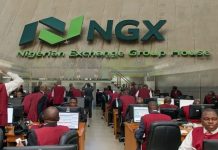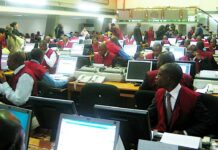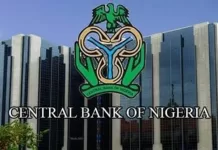In a period of tight fiscal policy, like the one Nigeria is implementing, no sector seems to hedge against it.
One of the sectors that people advise starters to put money in is the capital market. To a large extent, it has a marginal power to hedge against inflation.
But the scarcity of the Naira and the tough experiences it is dolling out are also hitting investors.
A Lagos-based financial analyst and stock broker, Charles Fakrogha, said in an exclusive chat with iBrand TV that the Central Bank of Nigeria’s (CBN) cashless policy has affected investors in the capital market negatively.
The stock broker explained that the cashless policy makes access to cash difficult, though not impossible.
But for investors, it becomes an arduous task to access the kind of cash that they might need to transact business in the capital market.
The only cushion for the capital market is that there has been a shift from physical cash transactions since 2010.
“Investors have really been hit by the cashless policy and generally returns on business is low.
“The policy is not affecting the market directly though because the capital market already operates a form of cashless policy.
Indirect Impact
“The policy only affects the capital market indirectly, through our customers who patronise the investors in the capital market,” he said.
For instance, some companies were adversely affected by the cashless policy as regards sales.
Customers are not able to access cash in order to make payments for goods and services they need.
This situation would go on to have a major impact on the activities taking place in the capital market.
The young architect constructing building for his client needs money to purchase materials, his inability to pay for the cement he needs means that Dangote has lost some money.
The same thing is applicable to other big manufacturing companies.
What about the pepper seller who must sell to Dominos Pizza, Mr Biggs and other fast foods but has no bank account that money can be transferred to?
This can only signify one thing – investors are not able to invest as they used to because they now lack access to huge amount of money needed to trade in the capital market.






